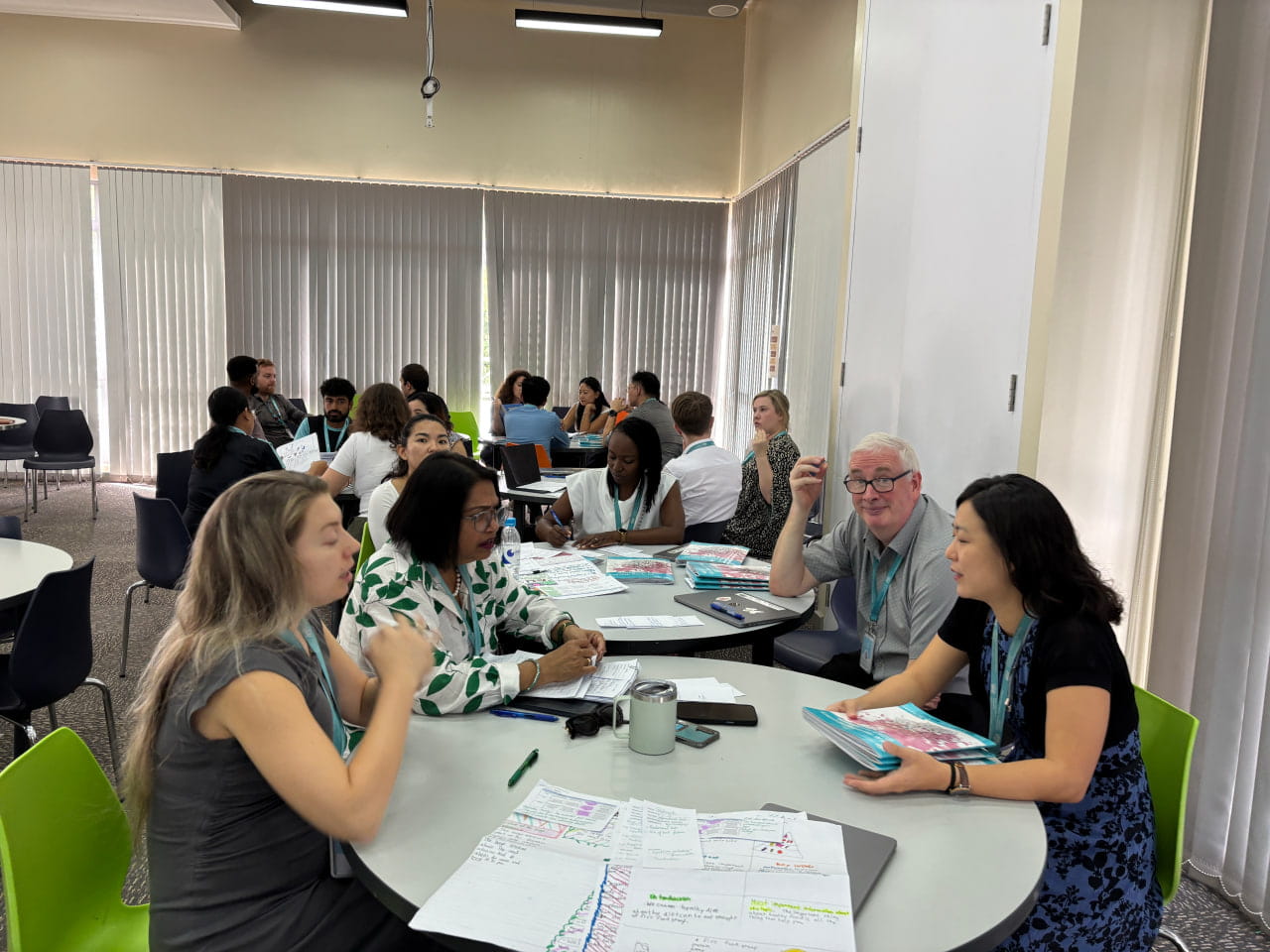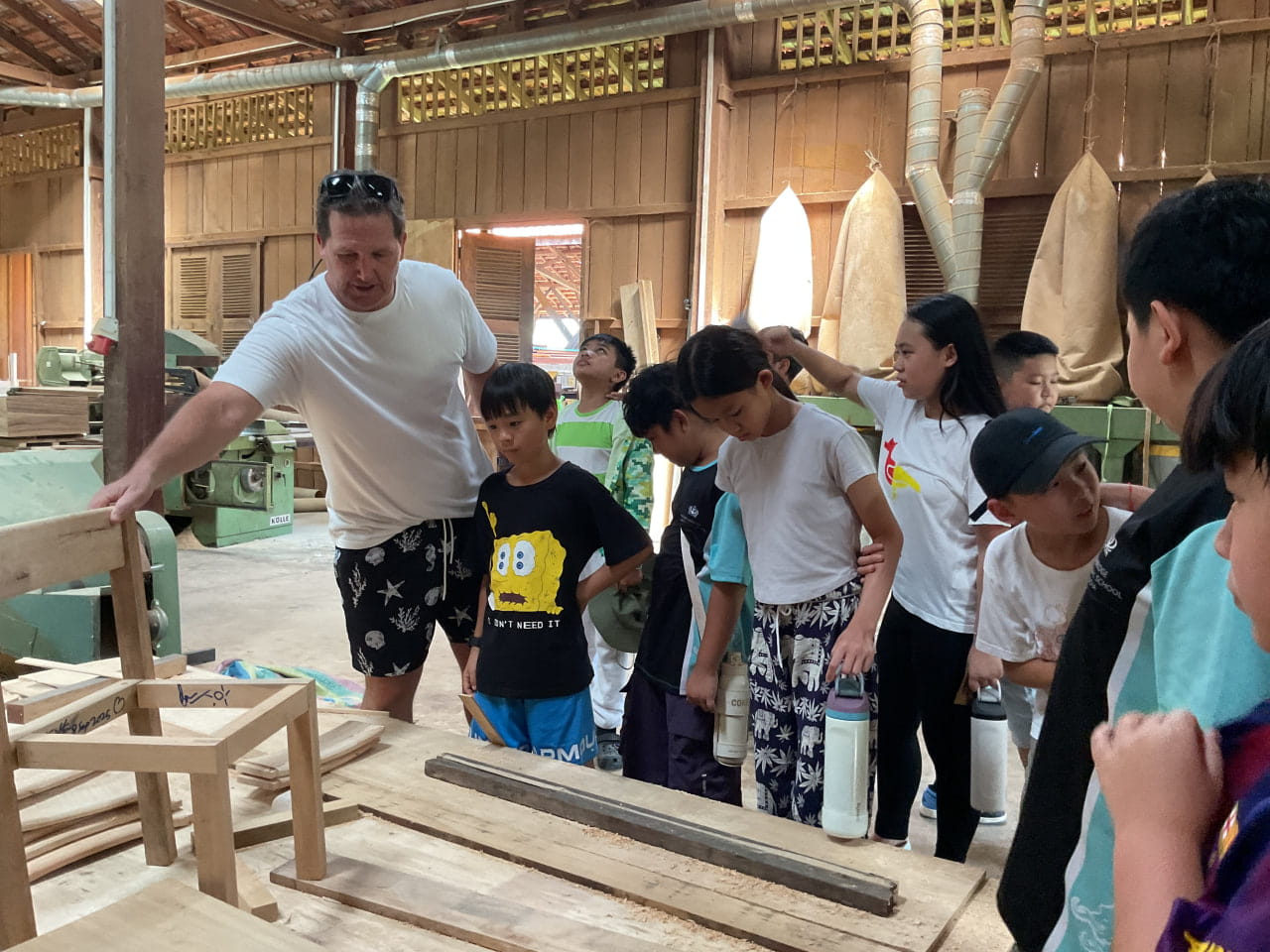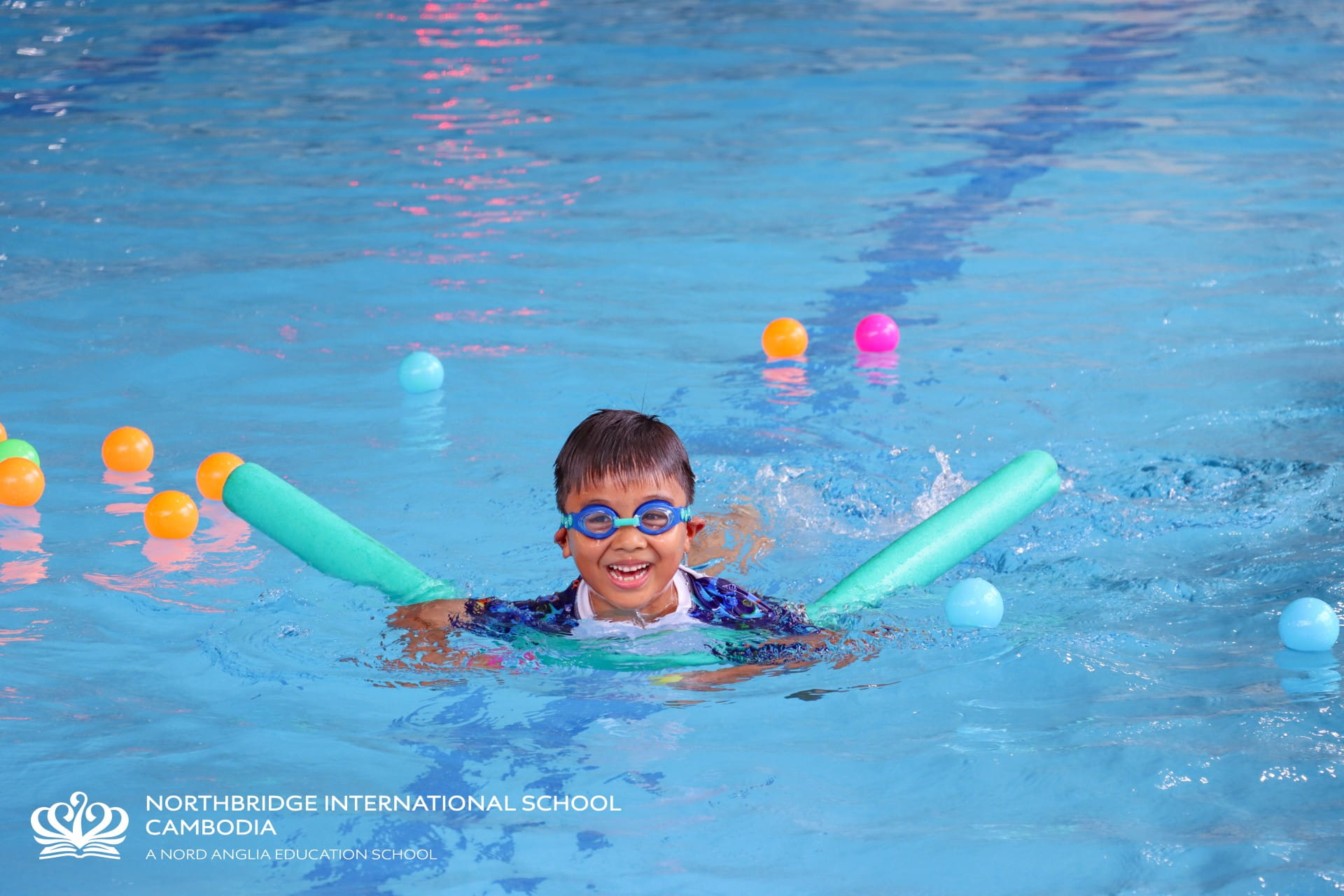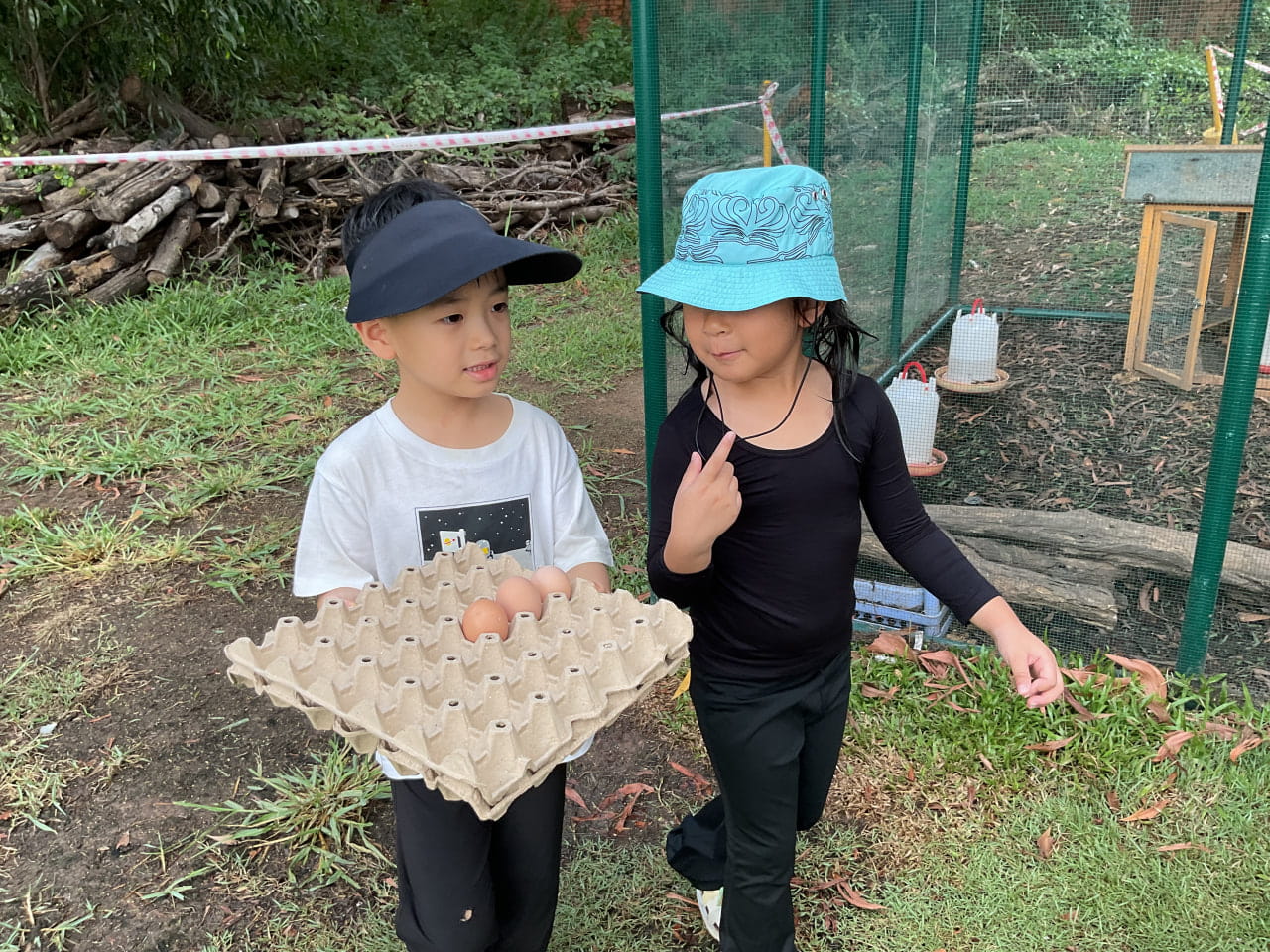Inquiry-based learning encourages students to come up with the questions or problems, investigate them, and finally construct the knowledge with the help from the teacher and surroundings.
There are 3 main phases in inquiry-based learning: curiosity, discovery, and reflection.
Curiosity is fundamental to learning and it lies at the heart of inquiry-based learning. Inquiry based learning starts with interesting questions which sparks students’ curiosity and gets them thinking and talking about what they know and what they want to find out next.
Students ponder these three questions when a new subject is introduced:
- What do I already know about this?
- What do I want to know about this?
- What have I learned about this?
A KWL chart is often used during these three steps to follow students’ progress.
Children then embark on a discovery phase. They take an active role in the learning process as they are encouraged to explore the material and ask questions instead of listening and repeating the expected answer. Discussion and collaboration are key features of this discovery phase, so plenty of lesson time is dedicated to pair and group work with a lot of opportunities for students to share ideas.
Finally students reflect on their learning - not only what they learned but how they learned. This helps them to become even better learners in their future as they develop critical thinking skills and make intelligent choices about how to move ahead with their learning needs.
Benefits of inquiry-based learning for a second language
Inquiry-based learning is beneficial in many ways in second or foreign language learning. Inquiry is applied to explain the grammatical structures, promote vocabulary mastery, help the students in negotiating meaning, and explore cultural implications.
Through discussing their knowledge, students improve their fluency and accuracy when speaking as well as learning how to collaborate and work as a team. When discovering new information, students work with a variety of texts, developing essential sub skills such as scanning and skimming. Sharing their findings via written project work encourages students to think critically about what information to share. Through reflection, they become more self-aware and autonomous.
How NISC makes use of inquiry-based language learning
At Northbridge, we use inquiry-based learning as our main approach in language classrooms. Students are given a chance to explore the language they want to know. Instead of teachers telling them what grammar and vocabulary they should know, students discover what they need to know during the process, figure it out, use it and remember it for the long-term because it was something they sought out for themselves.
For example, students might want to learn how to plan travels with a friend. They might research how to find out information from a travel agent or travel brochure. If they consider how to order food at a restaurant, they might pose a few questions about reading menus and calculating meal prices for a group.
We believe that inquiry-based learning is a natural way to learn languages. It is closely linked to the learner’s real needs, as a result, students are highly motivated to learn and have much more control of their learning experience.







